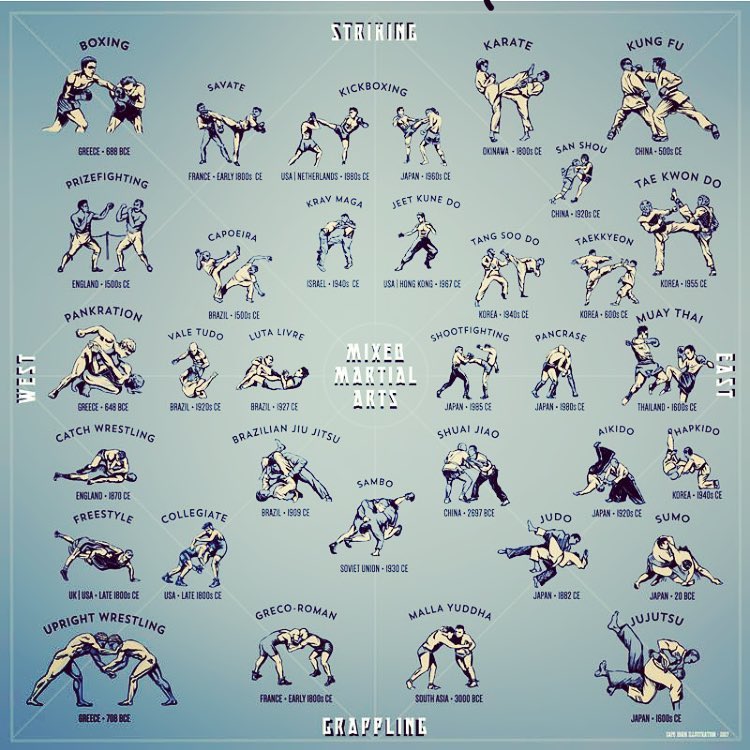Find Out How Kids Martial Arts Programs Promote Discipline And Focus, Establishing The Stage For Success In Lots Of Locations Of Life. Discover The Transformative Effect Today!
Find Out How Kids Martial Arts Programs Promote Discipline And Focus, Establishing The Stage For Success In Lots Of Locations Of Life. Discover The Transformative Effect Today!
Blog Article
Created By-Chappell Werner
Kids martial arts programs use greater than simply physical training; they support establishing discipline and emphasis. As god of martial arts takes part in organized regimens, they learn to concentrate on tasks and comply with instructions, skills that expand past the dojo. This process not just forms their martial arts abilities yet additionally influences their academic and personal lives. Curious about exactly how these programs cultivate mental durability and synergy? Let's check out further.
The Benefits of Framework and Regimen in Martial Arts Training
When kids engage in martial arts training, they not just learn self-defense yet also benefit from the structured atmosphere that routines supply.
This structure helps them comprehend the value of discipline, as they comply with certain patterns and methods during each practice session. By sticking to these regimens, children establish a sense of predictability, which cultivates a safe space for development.
In addition, this constant method strengthens their emphasis, allowing them to concentrate better on tasks both inside and outside the dojo. As they progress with various ranks, the structured technique urges them to establish objectives and accomplish turning points.
Ultimately, accepting structure in martial arts educating lays a strong foundation for developing necessary life skills that expand beyond the floor covering.
Developing Psychological Strength Through Martial arts
Martial arts training surpasses physical skills; it's a powerful device for creating mental strength. As you practice, you'll face challenges that push your restrictions and need durability.
Each time you step onto the floor covering, you're not simply servicing techniques; you're learning to take care of pressure, stay concentrated, and conquer barriers. When you run into setbacks, whether in sparring or forms, you'll find the significance of willpower.
You'll learn to control your emotions and maintain a positive state of mind, also when things get difficult. This psychological fortitude will not only benefit you in martial arts however likewise in institution and life.
Embracing these difficulties will certainly assist you expand more powerful, a lot more confident, and much better outfitted to tackle whatever comes your method.
Cultivating Regard and Team Effort in Classrooms and Beyond
While participating in martial arts courses, you quickly discover the relevance of respect and teamwork, skills that expand far beyond the dojo. just click the up coming page appreciating your teachers and fellow trainees, cultivating an atmosphere where everyone can expand together.
You find out to connect properly, whether you're servicing methods or sparring, which converts flawlessly right into classroom settings and group tasks.
When you support your peers, you construct a sense of community that enhances learning. This synergy likewise motivates you to celebrate others' successes, not just your own.
As you bring these worths into everyday life, you'll find that regard and collaboration end up being acquired behavior, making you a far better good friend, trainee, and colleague, both in and out of martial arts.
Conclusion
Finally, enlisting your child in a martial arts program can dramatically enhance their technique and focus. The structured routines teach them responsibility and self-control, while the psychological strength they create enhances their capability to concentrate. As they learn to respect their instructors and work as a group, these abilities carry over right into their scholastic and social lives. By choosing martial arts, you're setting your child up for success both inside and outside the dojo.
